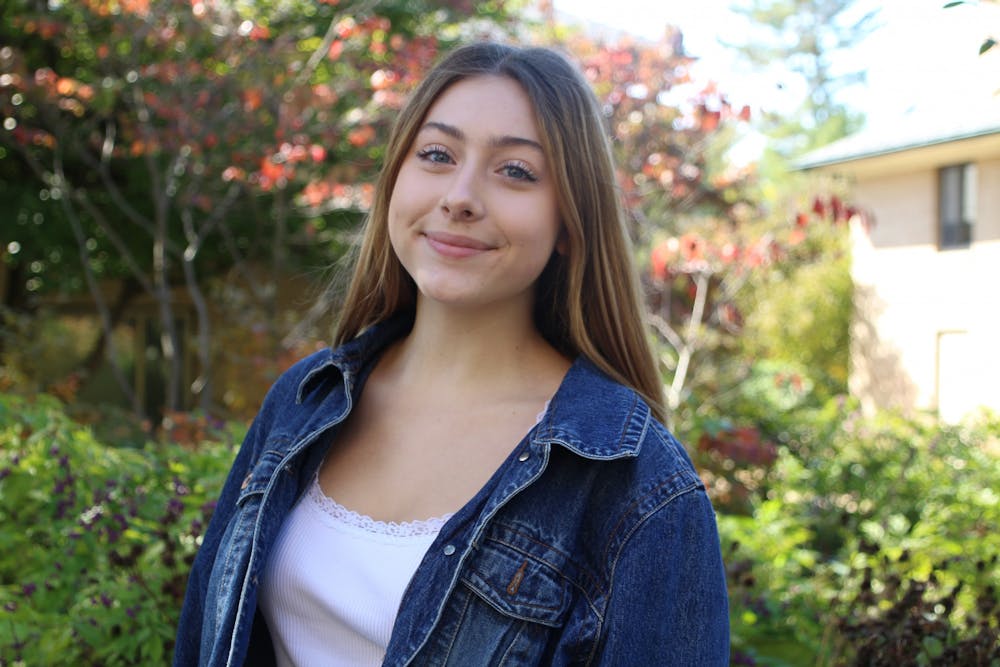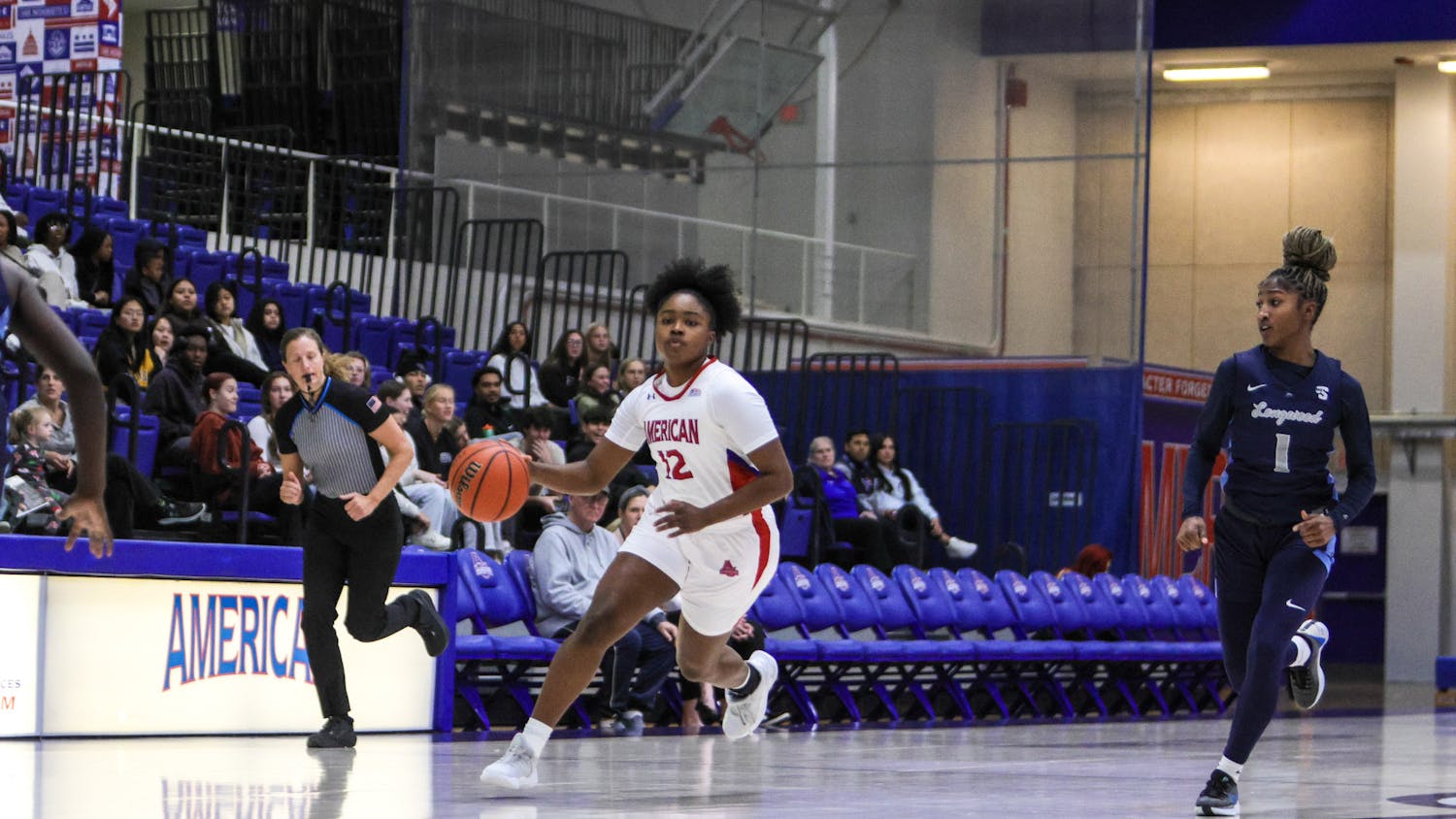There is a mental health crisis among youth in the United States.
In 2022, 44 percent of college students reported symptoms of both anxiety and depression. Despite this, nearly 60 percent of people with symptoms of major depression do not receive mental health treatment. Given these staggering statistics, it is unacceptable that not just American University, but also George Washington, Howard and Georgetown universities all have dampening limits on the mental health resources available to students.
At AU, the Center for Well-Being and Psychological Services offers six to eight counseling sessions for free. While the Center claims students’ problems can be “addressed” in this short window, they will refer students to off-campus services if needed. Both Howard and Georgetown have similar systems, with Howard capping sessions at eight and Georgetown operating on a “brief treatment model” with an undisclosed amount of sessions at students’ disposal. George Washington’s system differs from the others, charging students $15 a session, although there is no cap to how many sessions are offered.
These systems fail to account for the countless students who are unable to afford off-campus counseling, whether or not they have insurance. On average, therapy sessions in the US range from $100 to $200 per session. For those who seek consistent treatment, this could amount to $3,600 over the course of the academic year for therapy twice a month. Students at these universities paying upwards of $70,000 a year for their education do not exactly have an extra couple thousand dollars lying around, a reality disproportionately felt by lower-income students. Even for students with insurance, copays of $20, $40 or $60 could force them to choose between mental health care and groceries that week.
In February, the AU Student Government Undergraduate Senate passed Resolution 18-010, calling for an end to the therapy session limit, as well as urging implementation of an appeals process for students who want to continue seeking further treatment past the session cap. The resolution was sponsored by Salvatore Cottone, senator for the campus at large, and Julia Comino, senator for the Class of 2024. This resolution rightfully calls out the University's flawed system, noting that abruptly ending these sessions could prove detrimental to students’ mental health and that the existing waitlists for most off-campus mental health clinics put students in immediate need at risk. Unfortunately, resolutions do not streamline a tangible policy change, but rather demonstrate to the University and community that these are demands of the student body. Essentially, the resolution is an empty gesture, albeit well-intentioned. However, I am cautiously optimistic that Resolution 18-010 will be a catalyst for further discussion and eventually a model for actual implementation.
The resolution also highlights the barrier that AU’s counseling session limit poses on low-income students, which is a sentiment that extends to all D.C. schools. Low-income students already face higher risk of mental health issues, which is exacerbated when the only option for long-term, consistent help is an off-campus clinic that is categorically unaffordable. This further perpetuates the cycle of inaccessibility of resources and increased rates of mental health issues for students. These universities must allocate more resources to counseling services in order to meet students’ needs and provide more than eight counseling sessions a year. At the very least, there must be an appeals process, as is implored in the resolution, to give students with demonstrated need the opportunity to seek additional help beyond the current session cap.
We should be able to depend on our institutions to support and aid students facing the all-too-common effects of mental illness and not to merely refer us to unaffordable services once their resources have run dry.
Alice Still is a freshman in the School of Public Affairs and an opinion columnist for The Eagle.
This article was edited by Jelinda Montes, Alexis Bernstein and Abigail Pritchard. Copy editing done by Isabelle Kravis, Natasha LaChac, Sarah Clayton and Leta Lattin.





